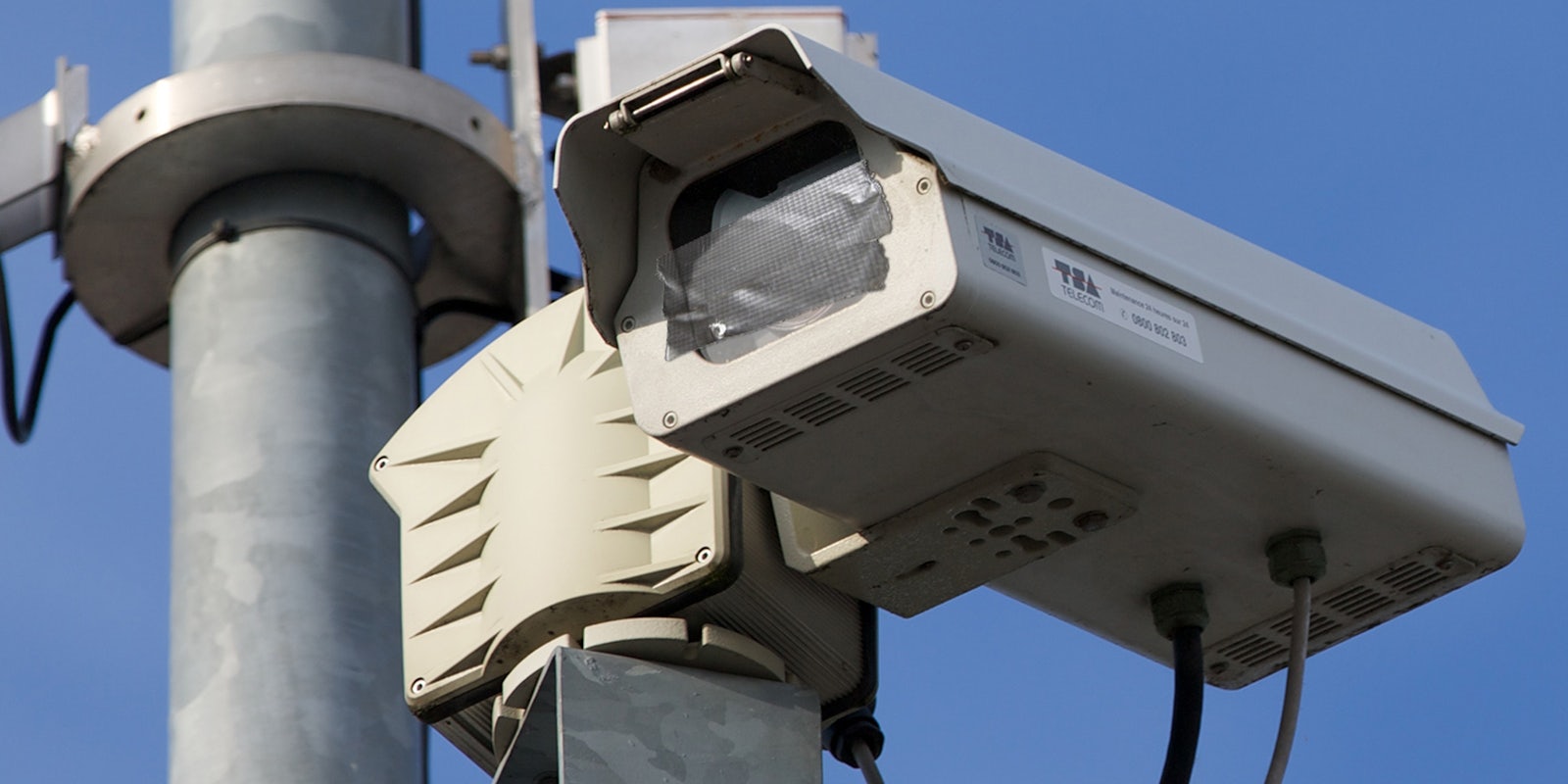The United Nations has established a post for an investigator to scrutinize its member states’ use of Internet surveillance technology.
The decision, made Thursday by the United Nations Human Rights Council, creates the role of “Special Rapporteur on the right to privacy,” and follows criticisms of U.S. surveillance practices by Brazil and Germany, two of the countries most directly affected by U.S. espionage.
Journalists using documents from former NSA contractor Edward Snowden revealed that the U.S. bugged German Chancellor Angela Merkel’s cell phone and spied on the communications of Brazilian President Dilma Rousseff. Both leaders strongly criticized President Obama and the U.S. intelligence community, with Rousseff canceling a state visit to the U.S. as a result of the revelations.
The U.N. Human Rights Council did not appoint someone to fill the privacy watchdog role, but it did say that whoever it chose would have three years to investigate potential surveillance-related violations of international law before reporting to the council.
The international committee also voted 35-0, with 12 abstentions, to “establish a forum to provide a platform for identifying best practices, challenges and opportunities to secure respect for human rights, democracy and the rule of law.”
Privacy groups cheered the decision to create the surveillance investigator’s post, with the Electronic Frontier Foundation calling it “a key step forward” that “elevates the right to privacy to the priority level that the Human Rights Council ascribes to most other human rights.”
The EFF emphasized the independent nature of U.N. special rapporteurs, who exist outside the main U.N. system and are not paid by the body.
The American Civil Liberties Union echoed the EFF’s praise, saying the Human Rights Council’s move was “a long time coming.”
The draft resolution on “the right to privacy in the digital age,” which served as the basis for the council’s decision, was introduced by Brazil and cosigned by 55 other nations.
Photo via frederic.jacobs/Flickr (CC BY 2.0) | Remix by Jason Reed
